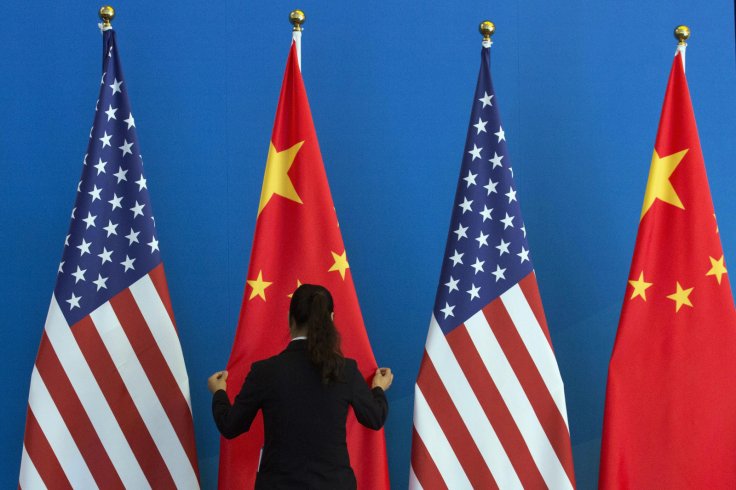The U.S. Commerce Department added 11 Chinese firms to an economic blacklist on Monday in what it mentioned human rights violations regarding China's treatment of the Uighurs in the Xinjiang region.
The step that leaves the companies unable to acquire components from the US companies without the approval of the US government, met an accusation of slander from China, which promised to take steps to protect its companies' rights.
The Commerce Department said the companies were involved in using forced labor by Uighurs and other Muslim minority groups. Among them are numerous textile companies and two firms the government said were conducting genetic analyses used to further the repression of Uighurs and other Muslim minorities.
US Blacklists Chinese Firms

It was the third group of companies and institutions in China added to the U.S. blacklist, after two rounds in which the Trump administration cited 37 entities it said were involved in China's repression in Xinjiang. "Beijing actively promotes the reprehensible practice of forced labor and abusive DNA collection and analysis schemes to repress its citizens," Commerce Secretary Wilbur Ross said in a statement.
In Beijing, a foreign ministry spokesman said the United States was trying to oppress Chinese companies and slander China's policies in Xinjiang under the pretext of protecting human rights. "We urge the U.S. to correct its mistakes," Wang Wenbin told a news conference on Tuesday, adding that China would take all necessary measures to protect its companies' legitimate rights.
The companies added to the blacklist include Nanchang O-Film Tech, a supplier for Apple's iPhone, which hosted Apple chief executive Tim Cook in December 2017, according to O-Film's website. It is also a supplier to Amazon.com Inc and Microsoft, according to an April congressional letter. The U.S. companies did not immediately comment. The list includes two subsidiaries of Beijing Genomics Institute, a genomics company with ties to the Chinese government, Senator Marco Rubio said.
He said the additions will "ensure that U.S. technology does not aid the Chinese Communist Party's crimes against humanity and egregious human rights abuses against Uyghurs and other minorities in Xinjiang, including the forced collection of DNA." Also added are KTK Group Co, which makes more than 2,000 products for high-speed trains, from electronics to seats; and Tanyuan Technology Co, which assembles high thermal conductive graphite reinforced aluminum composites.
Another company is Changji Esquel Textile Co, which Esquel Group launched in 2009. Esquel Group produces clothing for Ralph Lauren, Tommy Hilfiger and Hugo Boss. In a letter to Ross on Monday, Esquel Chief Executive John Chen asked for the unit's removal from the list. "Esquel does not use forced labor, and we never will use forced labor," Chen wrote. "We absolutely and categorically oppose forced labor."
Efforts to reach other companies in China for comment were unsuccessful outside normal business hours. Also on the blacklist is Hetian Haolin Hair Accessories Co. On May 1, U.S. Customs and Border Protection (CBP) said it was halting imports of the company's hair products, citing evidence of forced labor. On July 1, CBP seized in Newark a shipment of almost 13 tons of hair products worth over $800,000 with human hair that it said originated in Xinjiang.
Commerce previously added 20 Chinese public security bureaus and companies including video surveillance firm Hikvision, as well as leaders in facial recognition technology SenseTime Group Ltd and Megvii Technology in connection with China's treatment of Muslim minorities.
(With agency inputs)









